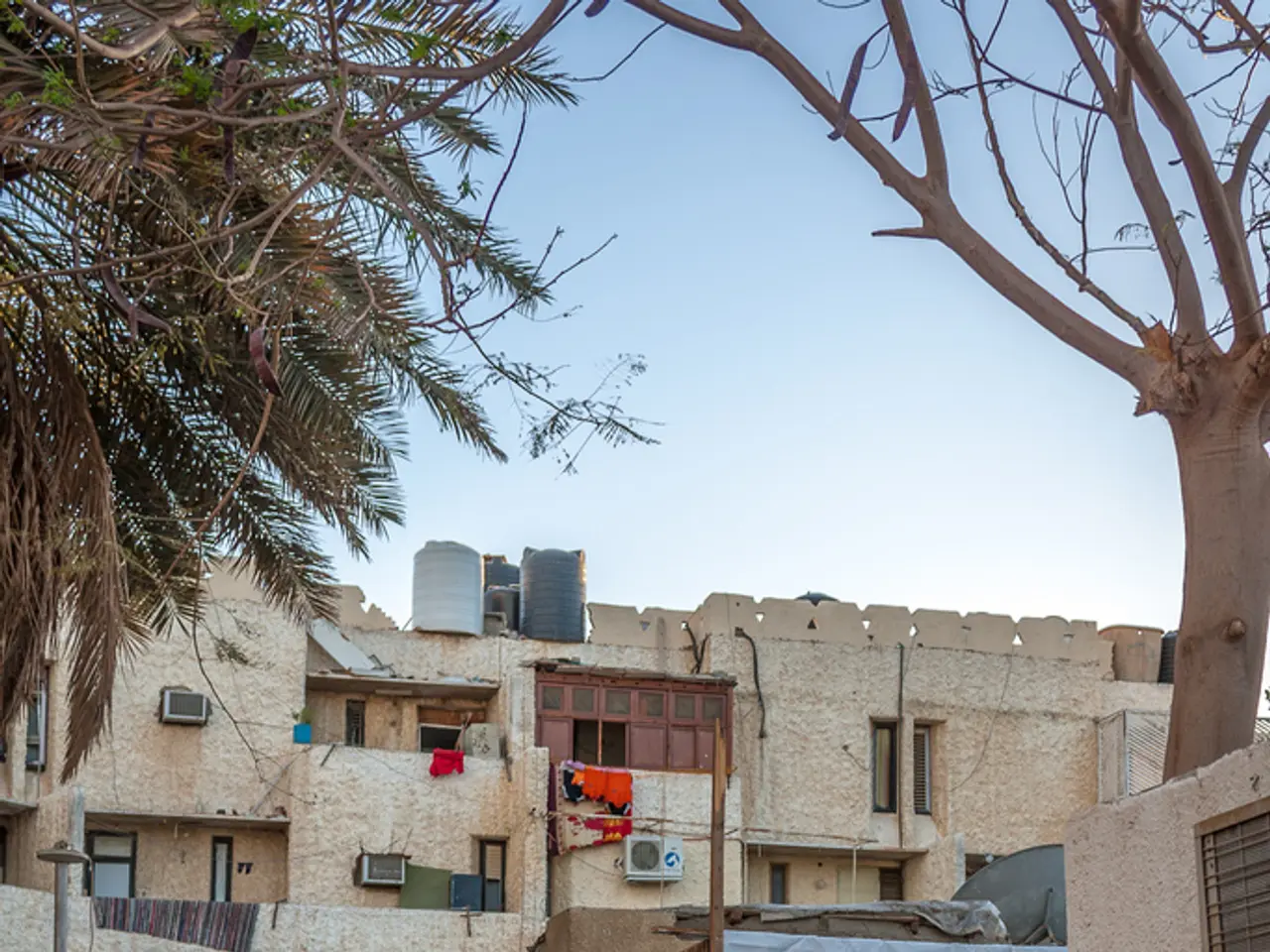Who is responsible for resolving water supply issues in housing situations where no water is available from taps?
In multi-unit residential buildings across Russia, the responsibility for maintaining the quality and pressure of the water supply often falls on the local utility companies and the building's maintenance service provider.
Residents experiencing water quality or pressure problems should take the following steps:
- Report the Issue to the Building’s Maintenance Service or HOA: In many multi-unit buildings, a homeowners' association (HOA) or a property management organization coordinates with the utility service providers. Residents should first notify this entity, which can escalate the problem if needed.
- Contact the Local Water Utility Provider: If the building’s maintenance does not resolve the issue, residents can contact the local water utility company directly. These companies manage the municipal supply and have the capacity to inspect and repair outside and inside building networks.
- Escalate to Municipal or Regional Authorities if Necessary: For unresolved issues, especially those concerning public health (e.g., contaminated water), residents can escalate complaints to municipal regulatory bodies overseeing utilities or the regional branch of the housing authority.
- Documentation: Residents should document occurrences of low pressure or poor water quality (e.g., water tests, photos) to support formal complaints.
It's essential to remember that Russia faces significant water infrastructure challenges linked to infrastructure aging, management outsourcing, and climate impacts. Acute water shortages and quality problems have been reported in various locations, with responses coordinated between municipal services and higher-level authorities.
In summary, the resolution chain involves the building’s maintenance organization, the local water utility provider, and potentially municipal regulators. Residents should report issues starting at the local service level and escalate if unresolved. This process is crucial given the complexity of water infrastructure management in Russia and the social importance of ensuring clean and adequate water supply in multi-unit buildings.
If the problem persists after contacting the local administration's housing and communal services department, further action may be necessary. Complaints can be made in writing or online through the mayor's website. If the water doesn't meet sanitary standards, contact Rospotrebnadzor.
In multi-unit buildings, the managing company or TSC is responsible for resolving the issue, not the water utility's dispatch. When filing a complaint with the Regional Housing Inspectorate, include copies of any previous complaints and their responses, if any. Residents should also notify their managing company or TSC about the issue.
Apartment rental trap: Russians risk losing their homes due to unpaid utility bills. When contacting the water utility's dispatch, remember to note the claim number and the time of your call. You can file a complaint against water quality issues on Rospotrebnadzor's official website, as reported by auf.ru.
[1] SCADA systems: Supervisory Control and Data Acquisition systems, used for real-time monitoring and control of industrial processes. [2] Russia's Water Infrastructure Challenges: https://www.researchgate.net/publication/335246672_Russia's_Water_Infrastructure_Challenges [3] Water Shortages and Quality Problems in Russia: https://www.themoscowtimes.com/2021/07/26/water-shortages-and-quality-problems-in-russia-a67855 [5] Coordination of Responses to Water Infrastructure Issues in Russia: https://www.reuters.com/article/us-russia-water-idUSKBN2692JL
- In the context of multi-unit residential buildings in Russia, it's essential to remember that ongoing issues with water quality or pressure could potentially be linked to the country's broader challenges in health-and-wellness, specifically related to water infrastructure.
- To ensure the preservation of their health and wellness, residents of multi-unit buildings should remain vigilant about water quality and pressure issues, and take proactive steps, such as documenting occurrences and escalating complaints if necessary.




